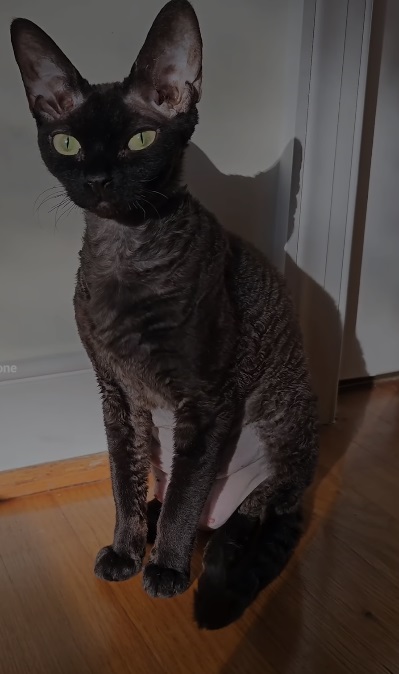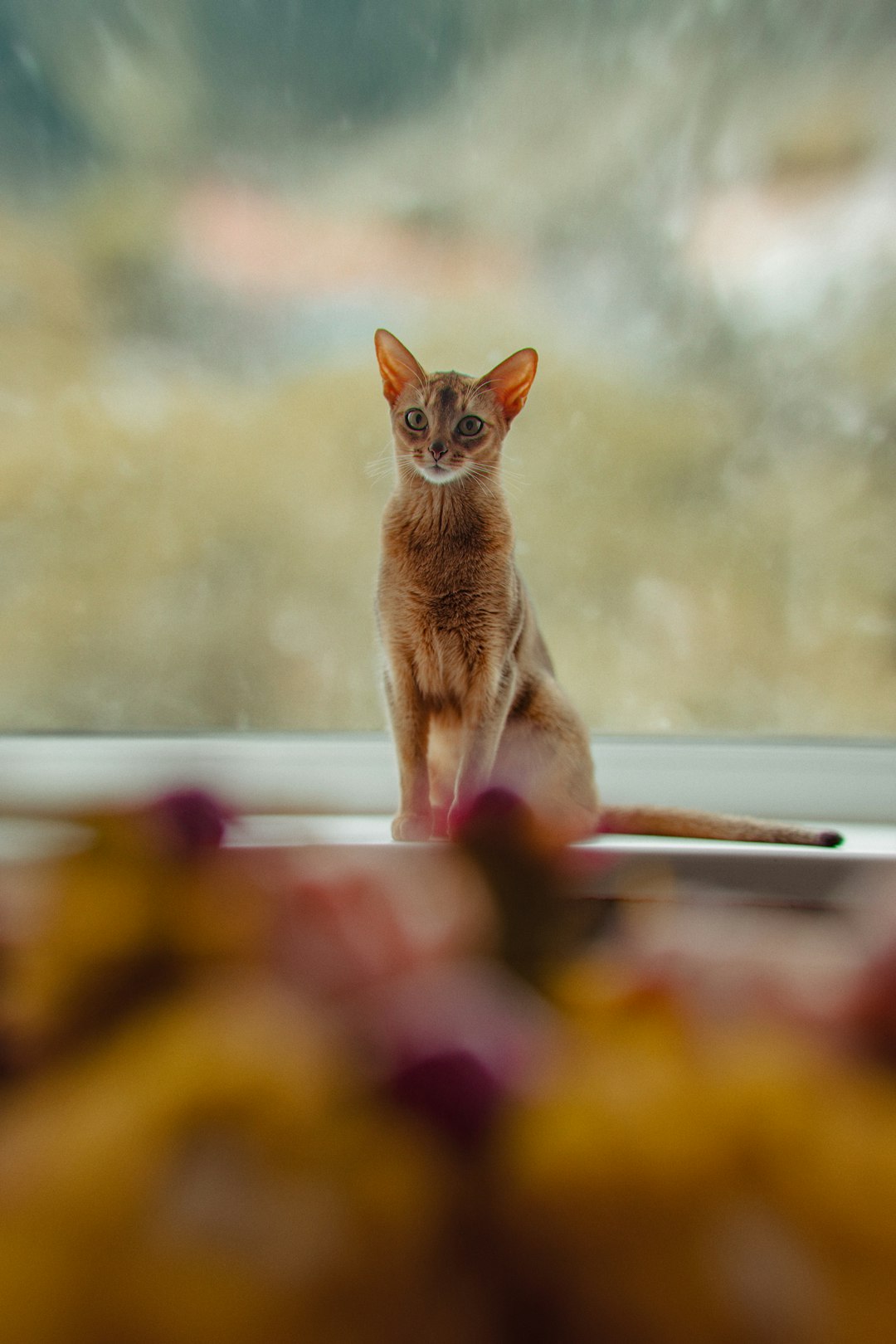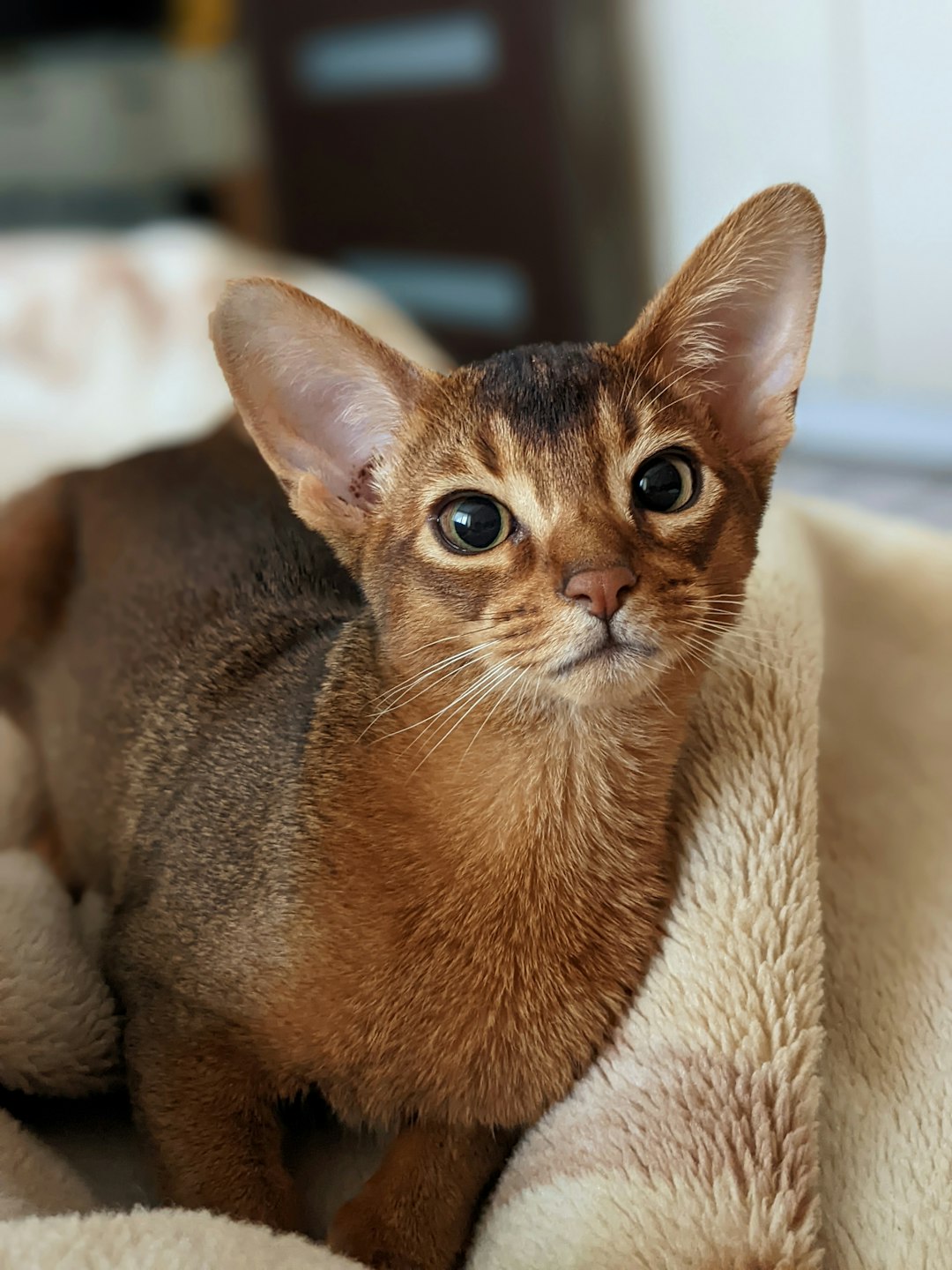The Devon Rex cat captures attention with its striking appearance and unique characteristics. Known for its short, curly fur and playful personality, this breed offers an endearing companion for pet lovers. As we delve into the origin, care, and grooming of the Devon Rex cat, you’ll discover what makes this feline truly special. From their charming temperament to their specific health needs, understanding the essence of the Devon Rex cat ensures that both the pet and owner enjoy a harmonious relationship.
Origin and History of the Devon Rex Breed
The Devon Rex cat is a unique breed with an intriguing history that began in the 1960s in Devon, England. The breed’s story unfolds with a chance discovery, leading to its distinctive characteristics. Here are some key points:
1959 Discovery: A litter of kittens was born in a barn, among them a curly-haired kitten named Kirlee. This kitten’s unusual coat prompted interest, as it showcased a genetic mutation.
Breeding Program: Recognizing the kitten’s potential, a breeding program initiated to enhance the breed’s unique traits. This involved crossing Kirlee with other breeds such as the Persian and the Siamese.
Recognition: The Devon Rex cat gained formal recognition by the Cat Fanciers’ Association (CFA) in 1972, allowing it to be showcased in cat shows across the world. Today, the breed enjoys popularity for its playful and affectionate nature.
Continued Development: Responsible breeders continue to refine the Devon Rex, focusing on enhancing its whimsical appearance and amiable temperament.
In summary, the Devon Rex cat has origins rooted in serendipity, evolving over decades into the charming and playful breed we know today. Its striking looks and engaging personality make it a treasured companion for many feline enthusiasts.
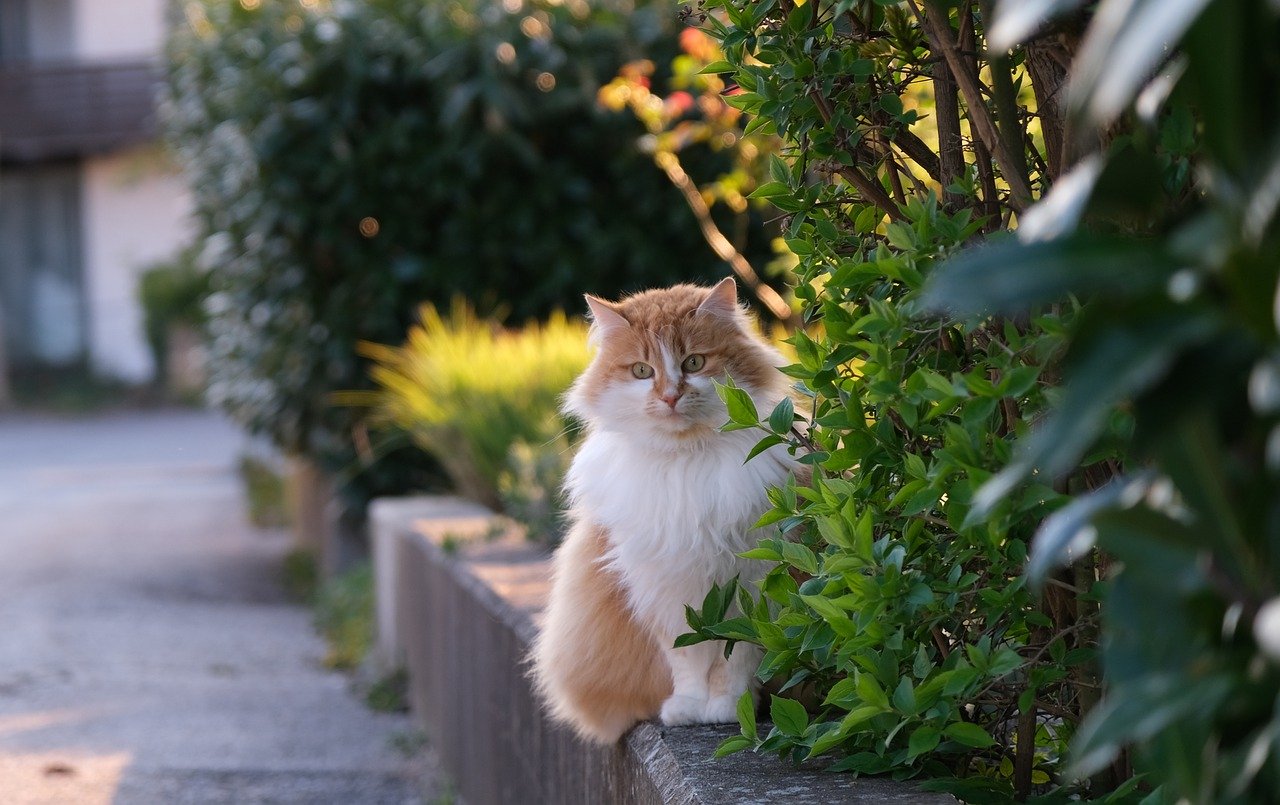
Physical Characteristics of the Devon Rex
The Devon Rex cat stands out due to its unique physical traits, making it an attractive choice for cat lovers. Here’s a breakdown of some key characteristics:
Fur Texture and Length: The Devon Rex has short, wavy fur that feels soft to the touch. Its minimal shedding makes it an appealing option for people with allergies.
Size and Build: Typically, the Devon Rex is a medium-sized cat with a slender and athletic build. Adult cats usually weigh between 6 to 9 pounds.
Head Structure: This breed features a distinctive head shape, characterized by:
- Wedge-shaped head: Slightly rounded with high cheekbones.
- Large ears: Expressive and set high on the head, which enhances their adorable look.
Eyes: With large, oval-shaped eyes, the Devon Rex cat’s expression appears curious and friendly. Eye color can range from green to blue.
Tail: The tail is long and tapering, complementing their agile nature.
| Feature | Description |
|---|---|
| Fur | Short, wavy, minimal shedding |
| Weight | 6 to 9 pounds |
| Head Shape | Wedge-shaped |
| Ears | Large, high-set |
| Eye Shape | Large, oval |
| Tail | Long and tapering |
These captivating physical traits not only define the Devon Rex cat but also contribute to its charming and playful persona.
Temperament and Personality Traits
The Devon Rex cat is renowned not only for its striking appearance but also for its delightful personality. These cats possess a unique blend of traits making them a joy to have as companions. Here’s a closer look at their temperament:
Playful and Energetic: Devon Rex cats exhibit a playful nature that often continues into adulthood. They enjoy interactive play sessions, engaging with toys, and exploring their environment.
Affectionate: This breed thrives on companionship and often forms strong bonds with their human families. The Devon Rex cat loves to cuddle, seek attention, and be part of family activities.
Curious: A natural curiosity drives the Devon Rex cat. They tend to investigate their surroundings, often climbing to high places or scoping out new “toys” in the household.
Social: Friendly and sociable, these cats usually get along well with children and other pets. Their gentle demeanor helps create a harmonious environment at home.
Intelligent: Known for their cleverness, Devon Rex cats can learn tricks and commands quickly. Engaging them with mental stimulation activities can prevent boredom and encourage positive behavior.
In summary, the Devon Rex cat delivers an endearing mix of playfulness, affection, and intelligence, making them an ideal pet for many households. Their charming personality traits can create lasting bonds and endless joy for cat lovers.
Care Requirements for Devon Rex Cats
Caring for a Devon Rex cat requires a dedicated approach to ensure they thrive in a loving environment. Here are the essential care requirements that every Devon Rex owner should consider:
1. Diet and Nutrition
- Quality Cat Food: Provide high-quality, protein-rich cat food to support their energetic lifestyle.
- Regular Feeding Schedule: Stick to a consistent feeding routine—typically two meals a day to prevent overeating.
2. Litter Box Maintenance
- Cleanliness: Keep the litter box clean daily, as Devon Rex cats can be particular about hygiene.
- Type of Litter: Use non-scented and clumping litter to cater to their sensitive noses.
3. Social Interaction
- Companionship: Spend quality time with your Devon Rex, as they thrive on social interaction and can become lonely if left alone for long periods.
- Playtime: Engage them with interactive toys to keep their minds stimulated and bodies active.
4. Environmental Needs
- Safe Space: Create a safe, warm space for them to retreat, as they enjoy cozy spots.
- Climbing Opportunities: Provide vertical spaces, such as cat trees or shelves, for exercise and exploration.
By addressing these care considerations, you can create a fulfilling and nurturing environment for your Devon Rex cat. This attention to their unique needs will lead to a happy and healthy life for your beloved pet.
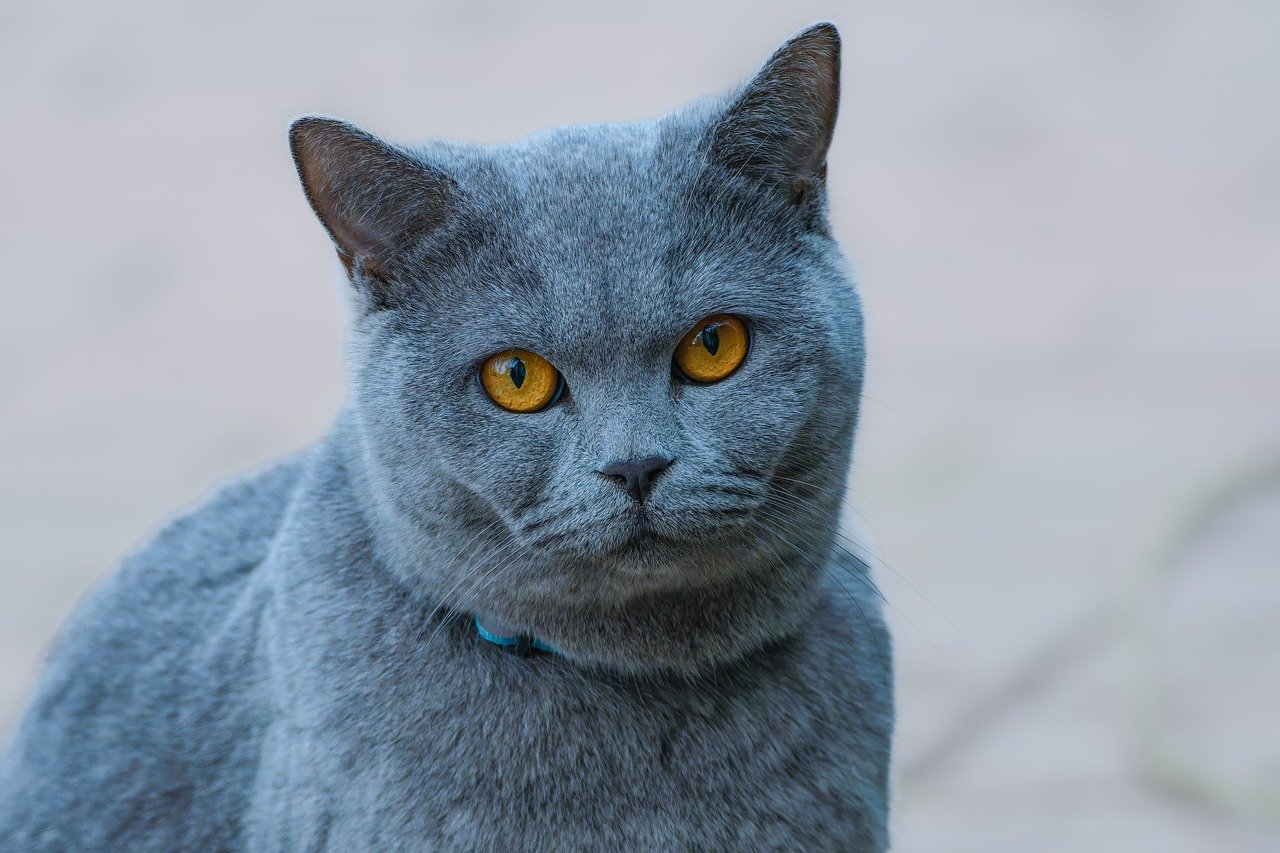
Grooming Needs for Short-Furred Cats
Grooming a Devon Rex cat is quite straightforward due to its unique short fur. While they may look delicate, these cats require specific grooming practices to maintain their health and appearance. Here are some essential grooming tips for your Devon Rex:
Brushing: Although the Devon Rex has a short coat, regular brushing helps reduce shedding and keep their skin healthy. Aim for 1-2 times a week using a soft-bristle brush or a grooming glove.
Bathing: This breed tends to have oily skin, so occasional baths are beneficial. Use a gentle cat shampoo every few months to remove excess oil and dirt. Make sure to rinse thoroughly!
Ear Cleaning: Devon Rex cats are prone to wax buildup. Regularly check and clean their ears with a vet-recommended solution to prevent infections.
Nail Trimming: Keep your Devon Rex’s nails trimmed every 2-3 weeks to prevent overgrowth and discomfort. Use a cat-specific nail clipper for best results.
Dental Care: Establish a dental hygiene routine by brushing their teeth several times a week to prevent periodontal disease.
Comparison of Grooming Needs
| Grooming Aspect | Devon Rex Cat | Other Short-Haired Breeds |
|---|---|---|
| Brushing Frequency | 1-2 times a week | Weekly |
| Bathing Frequency | Every few months | Rarely, only when needed |
| Ear Care | Regular cleaning advised | Less frequent |
| Nail Trimming | Every 2-3 weeks | Similar frequency |
By following these grooming guidelines, you can keep your Devon Rex cat looking and feeling great while also strengthening your bond with them!
Health Issues Commonly Found in Devon Rex
The Devon Rex cat is known for its charming appearance and playful demeanor; however, like many breeds, it may be prone to specific health issues. Understanding these potential problems can help you provide better care for your furry friend. Here are some common health concerns associated with the Devon Rex:
Hypertrophic Cardiomyopathy (HCM): This is a genetic condition affecting the heart, leading to thickening of the heart muscle. Regular veterinary check-ups can help monitor heart health.
Skin Issues: Due to their short fur, Devon Rex cats can be more susceptible to skin irritations. Regular grooming helps maintain healthy skin and detect issues early.
Obesity: The playful yet sedentary nature of the Devon Rex can lead to weight gain. Owners should monitor their diet and encourage playtime to manage their weight effectively.
Dental Problems: Like many cats, the Devon Rex may face dental issues such as periodontal disease. Regular dental care—including brushing and vet check-ups—can mitigate this risk.
| Health Concern | Description | Prevention |
|---|---|---|
| Hypertrophic Cardiomyopathy (HCM) | Thickened heart muscle affecting blood flow | Routine heart monitoring |
| Skin Issues | Irritations due to low fur coverage | Regular grooming and care |
| Obesity | Weight gain due to inactivity | Healthy diet and exercise |
| Dental Problems | Risks of gum disease and tooth decay | Regular dental care |
By being aware of these health issues, you can ensure that your Devon Rex cat receives the necessary care and support to live a healthy, happy life.
Devon Rex Nutrition and Diet Considerations
When it comes to feeding your Devon Rex cat, understanding their unique dietary needs is crucial for their overall health and vitality. These playful felines require a balanced diet that supports their fast metabolism and energetic lifestyle. Here are some key considerations:
High-Quality Protein: Devon Rex cats thrive on diets rich in protein. Look for high-quality sources such as chicken, turkey, or fish as the primary ingredient in their food.
Fat Content: Healthy fats are essential. Opt for animal fats or omega-3 and omega-6 fatty acids, which contribute to a shiny coat and healthy skin, particularly important for this breed’s distinctive short fur.
Carbohydrate Levels: While cats are obligate carnivores, a small amount of carbohydrates can be beneficial. Choose foods that contain whole grains or vegetables for fiber, but avoid fillers.
Hydration: Ensure your Devon Rex has access to fresh water at all times. Consider incorporating wet food into their diet, which provides additional moisture.
Recommended Diet Table
| Food Type | Recommended Source | Purpose |
|---|---|---|
| Protein | Chicken, Turkey, Fish | Muscle development and repair |
| Fats | Fish oil, Chicken fat | Healthy skin and coat |
| Carbs | Brown rice, Sweet potatoes | Energy source and digestive health |
Providing your Devon Rex cat with a nutritious and balanced diet tailored to their needs will help them maintain their playful charm and lively spirit. Always consult with a veterinarian to customize their diet for optimal health.
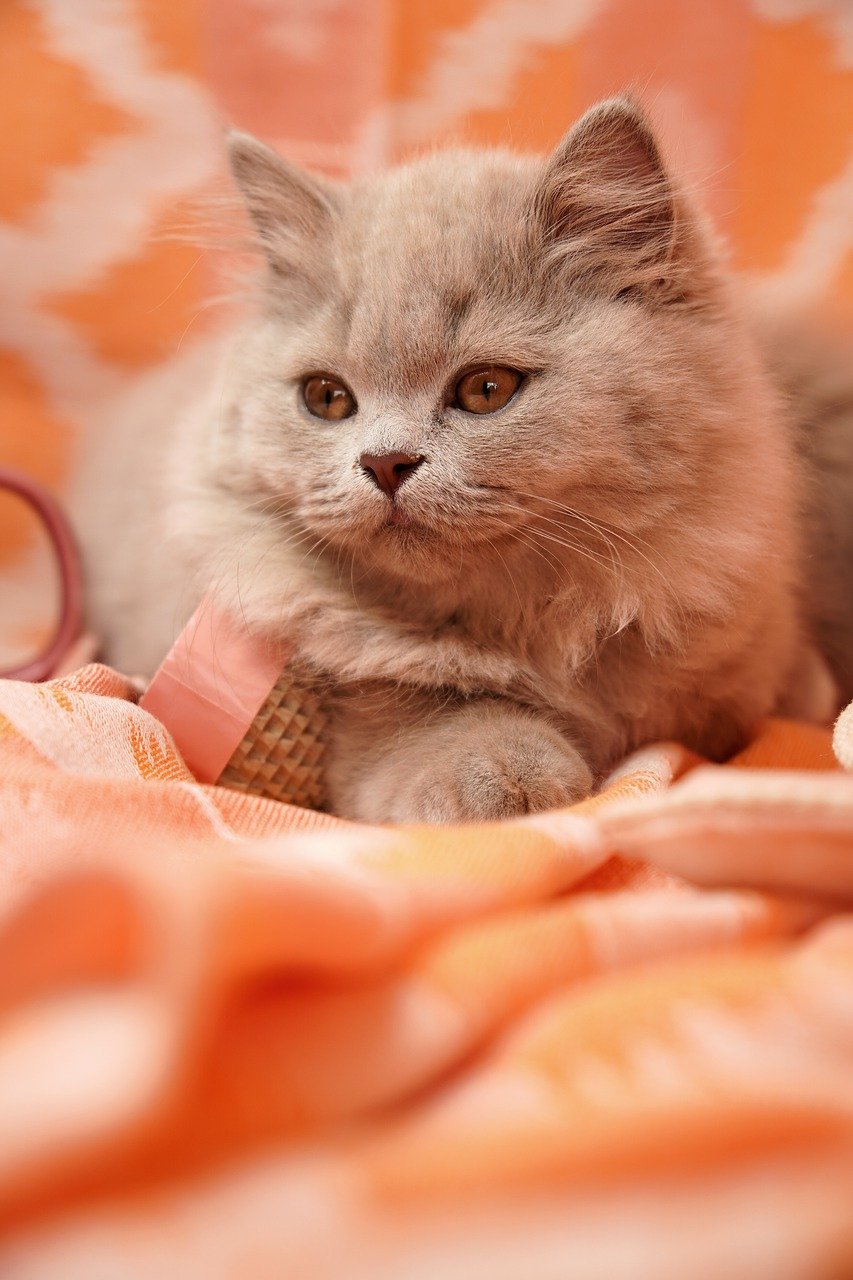
Training Tips for Devon Rex Cats
Training a Devon Rex cat offers a rewarding experience, as these felines are intelligent and eager to please. To ensure effective training, consider the following tips:
Start Early: Begin training your Devon Rex cat as a kitten. Early socialization helps them adapt better to new experiences and environments.
Use Positive Reinforcement: Reward your kitty with treats, praise, or playtime when they display desirable behavior. This encourages repeated good actions.
Keep Sessions Short: Devon Rex cats have curious yet energetic natures. Limit training sessions to 5-10 minutes to maintain their focus and avoid boredom.
Be Consistent: Use the same commands and cues each time to help your Devon Rex cat understand what you expect. Consistency is key!
Incorporate Play: These playful cats respond well to interactive games. Teach tricks through fun activities, making the learning process enjoyable.
Provide Stimulation: Engage your Devon Rex’s sharp mind with puzzles and toys. Mental challenges lower the likelihood of behavioral issues stemming from boredom.
Socialize With Others: Expose your Devon Rex cat to various people and other pets. This will help them become well-rounded companions.
By following these training tips, you’ll cultivate a well-behaved companion that thrives on affection and interaction, making the most of their charming and quirky persona. Remember, patience is essential when training a Devon Rex cat, ensuring a positive experience for you and your feline friend.
Choosing the Right Environment for a Devon Rex
Creating the ideal environment for a Devon Rex cat is crucial to their well-being and happiness. These playful and affectionate cats thrive in social and stimulating settings, making thoughtful environment choices essential. Here are key considerations for setting up your home:
Space for Activity: The Devon Rex cat enjoys exploring and playing. Provide ample space, including:
- Cat trees for climbing
- Open floors for running
- Shelves or ledges for perching
Social Interaction: This breed seeks companionship. Ensure access to:
- Family members and other pets
- Interactive toys that encourage play (e.g., feather wands, puzzle toys)
Safe Zones: Create quiet areas where your Devon Rex cat can retreat when feeling overwhelmed. Include:
- Cozy hiding spots (like enclosed beds or boxes)
- Elevated safe spaces for observing their surroundings
Environmental Enrichment: Stimulate their curious nature by:
- Rotating toys regularly to keep their interest
- Introducing new scents, such as cat grass or herbs
Temperature Control: Given their short fur, Devon Rex cats are sensitive to temperature changes. Ensure your environment is:
- Well-ventilated in summer months
- Warm and cozy during winter
By considering these factors and providing a nurturing atmosphere, you will help your Devon Rex cat thrive and exhibit their charming personality.
The Popularity and Adoption of Devon Rex Cats
The Devon Rex cat has captured the hearts of feline enthusiasts around the globe, and its popularity continues to rise. Here are key insights into its appeal and adoption:
Unique Appearance: With its short, curly fur and large ears, the Devon Rex captivates potential owners. People often find the breed’s playful and expressive face irresistible.
Affectionate Companions: Devon Rex cats are known for their affectionate and social nature. They thrive on human interaction and enjoy being involved in family activities, making them great family pets.
Low Shedding: For those concerned about allergies or shedding, the Devon Rex cat offers a solution. Their unique coat requires less grooming and results in less dander, appealing to allergy sufferers.
Active Presence: Energetic and fun-loving, these cats engage in playful behaviors that keep their owners entertained. Their antics often make them a favorite on social media, further boosting their popularity.
Adoption Trends: The trend towards adopting mixed breed or shelter animals is also impacting the Devon Rex’s availability. As more cat lovers seek to adopt, many shelters now include Devon Rex cats, providing various age ranges from kittens to adults.
In summary, the Devon Rex cat’s charming demeanor and visually striking appearance have made it a standout choice for pet owners, leading to an increase in adoption rates and making this breed a beloved companion in many households.
Frequently Asked Questions
What are the physical characteristics of a Devon Rex cat?
Devon Rex cats are known for their distinctive appearance, which features a slender, elegant body and large, expressive ears. Their coat is short, soft, and curly, giving them a unique look. They possess a broad head with high cheekbones, and their eyes are often large and almond-shaped, contributing to their charming expression. Overall, they are a visually striking breed that stands out in any setting.
Are Devon Rex cats hypoallergenic?
While no cat breed is completely hypoallergenic, Devon Rex cats are often considered more suitable for allergy sufferers. This is because they produce fewer allergens compared to other breeds, mainly due to their short coat and lower shedding levels. The unique texture of their fur also helps to trap dander and reduce its spread in the environment. However, individual reactions can vary, so it’s best to spend time with the breed before making a commitment.
What is the temperament of a Devon Rex cat?
Devon Rex cats are renowned for their affectionate and playful nature. They are typically very social creatures that thrive on human interaction and enjoy being part of family activities. Their intelligence makes them curious and engaged, often leading them to get into mischief. This breed is known for forming strong bonds with their owners and can be quite vocal, utilizing a range of sounds to communicate their needs and desires.
How do I care for a Devon Rex cat?
Caring for a Devon Rex cat involves regular grooming to maintain the health of their unique coat, despite its short length. It’s recommended to bathe them every few weeks to remove excess oil and dander. Additionally, ensure they have a balanced diet suitable for their activity level, and provide plenty of stimulation through toys and play. Regular veterinary check-ups are essential, as Devon Rex cats can be prone to certain health issues like dental problems.
What is the average lifespan of a Devon Rex cat?
The average lifespan of a Devon Rex cat ranges from 12 to 15 years, though many can live well into their late teens with proper care. Factors that contribute to their longevity include a healthy diet, regular veterinary check-ups, and a safe, stimulating environment. Being an active and playful breed, providing them with ample exercise and mental challenges can also significantly enhance their quality of life and lifespan.

